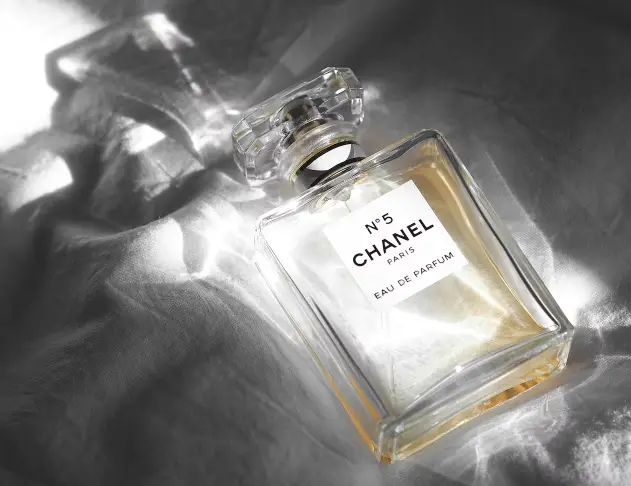Bruno Pavlovsky, the president of fashion for luxury goods maker Chanel, warned the coming year was shaping up to be quite challenging for the fashion and luxury goods industry, as global economic growth continues to decelerate. Speaking on the sidelines of the Metiers d’Art show being held by the company in Manchester, UK this week, Pavlovsky emphasized the difficulties the industry will face in the near future.
Pavlovsky noted that currently the economic conditions are difficult “everywhere, in every single country,” and that is going to affect the luxury sector.
He added, “Luxury is not protected from the economy. I don’t have a crystal ball, but the situation will be tougher than what we saw in 2023.”
Pavlovsky noted that Chanel had recorded a fall in shop visits and purchases from its occasional, and first time, buyers this year, noting the trends was related to the high inflation in both the US and Europe, as well as the record unemployment among the youth in China.
Earlier reports noted that in the US alone in the third quarter, luxury sales increased by a mere 2% after stagnating in the previous quarter. Meanwhile in Europe, where during the April to June period revenue growth among luxury brands grew 19%, in the third quarter that growth slowed to 7%. Pavlovsky noted the numbers were not unexpected, and should be seen as “normal,” since luxury goods “can’t be in permanent two-digit growth.”
Among luxury brands concerned over the current economic environment, Chanel is not alone. Other brands, from LVMH to Gucci have reported sales growth slowing and revenue declining as inflation and worries over a potential recession have curbed consumers’ appetites for luxury goods. As one example, Cartier-owned Richemont reported last month that half-year results were demonstrating a 3% decline in the sales of its luxury watch sales globally, as well as a 17% decline in the Americas.
In a note to Bloomberg, HSBC analysts wrote that “Luxury is unfortunately not recession-proof,” and that the “stellar growth” seen in sales in the years leading up to the pandemic were likely over.


